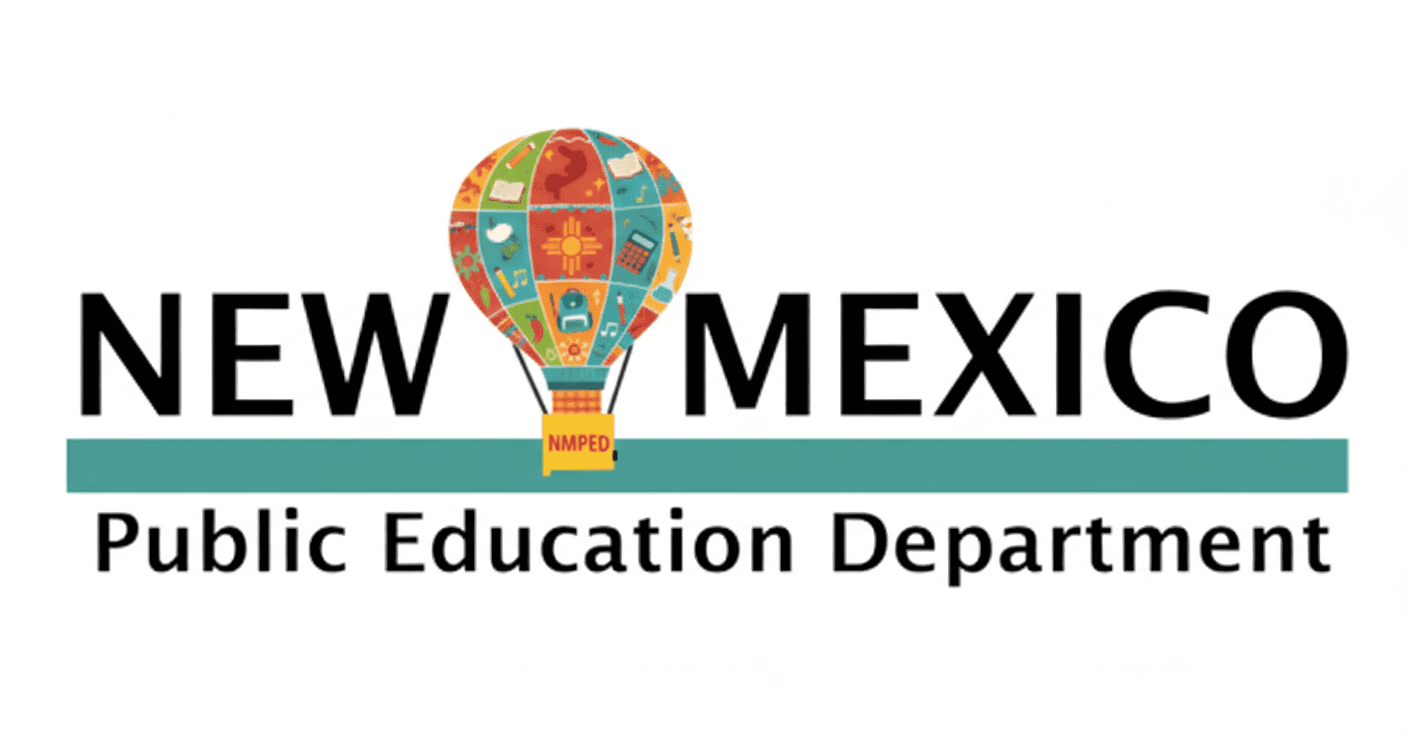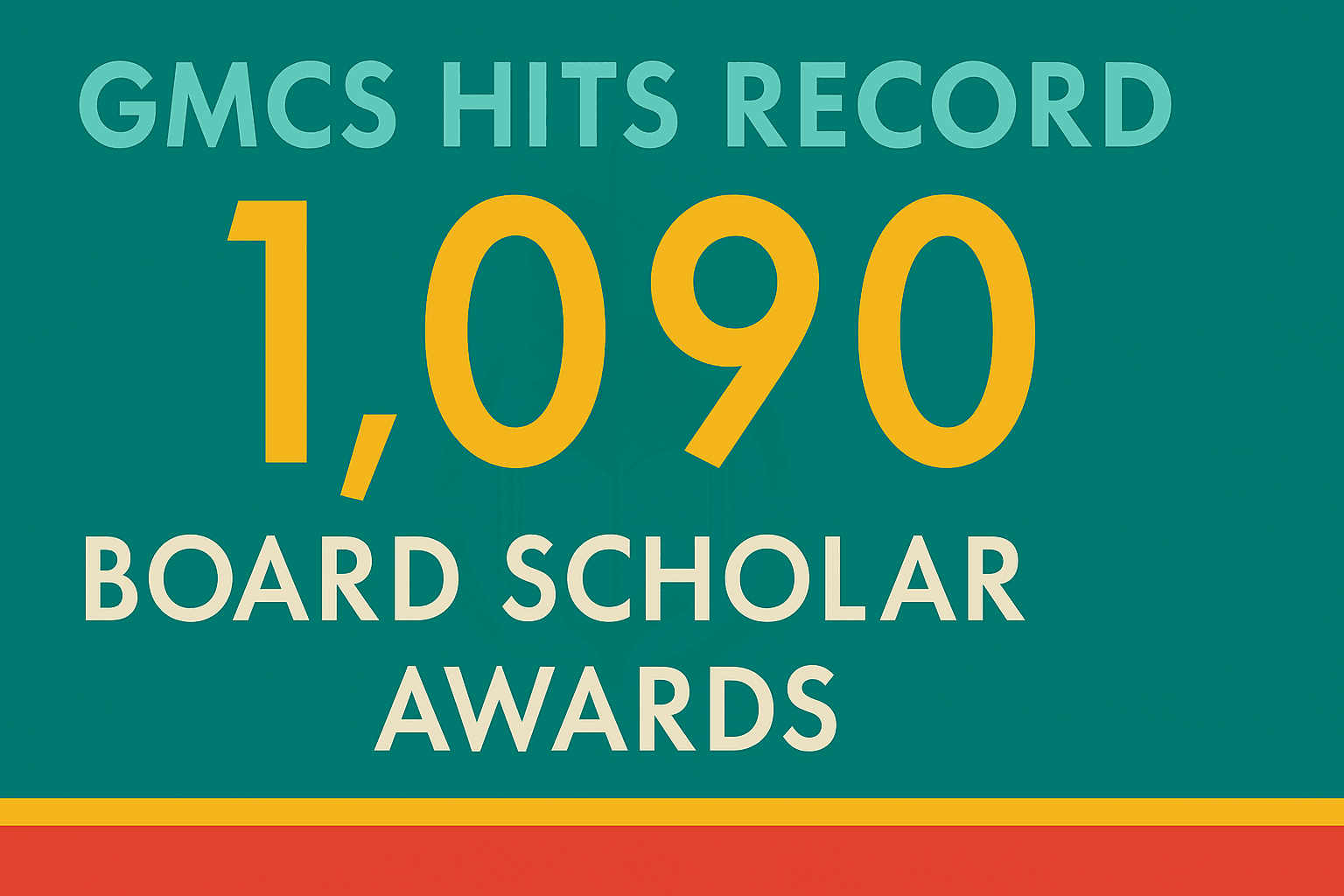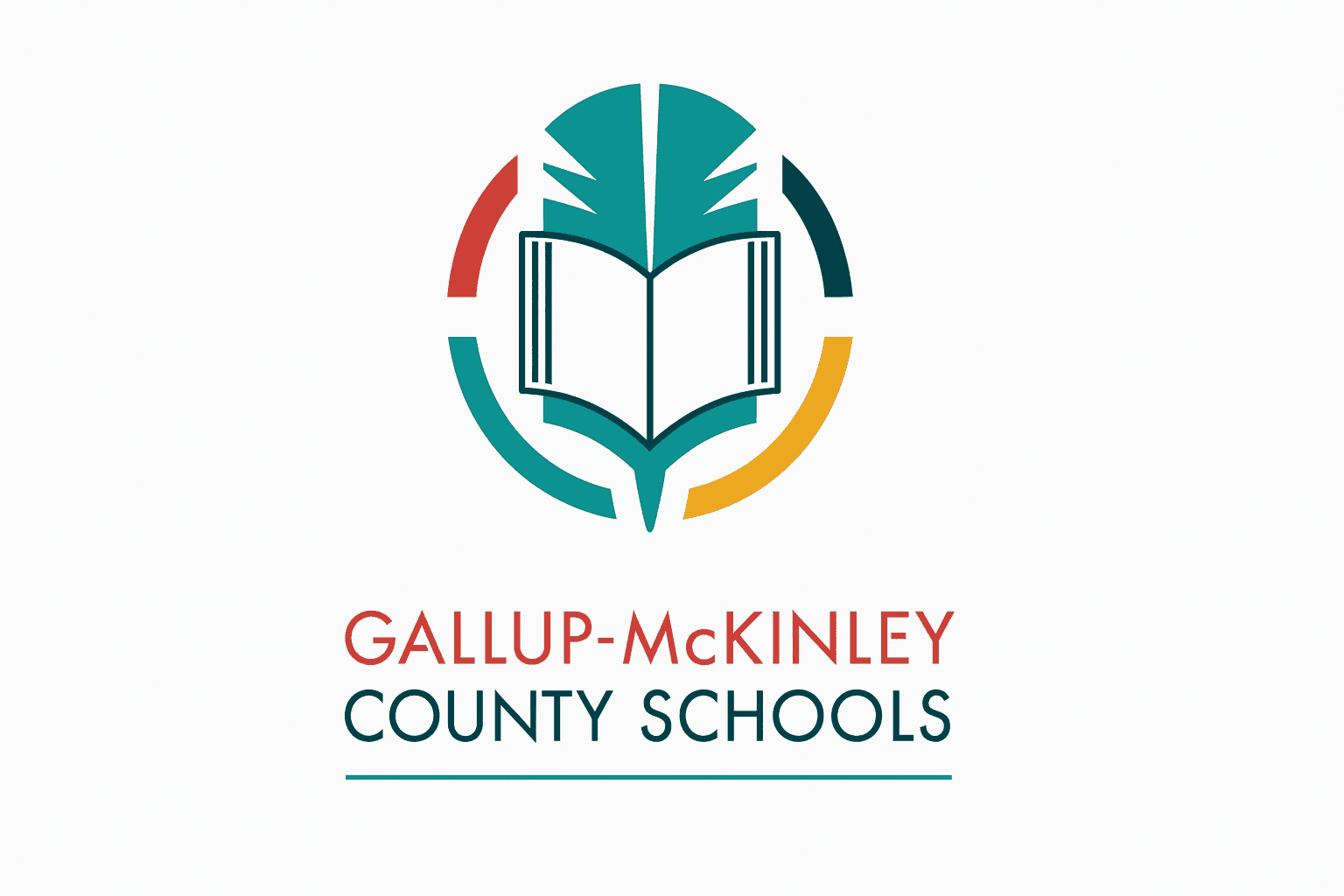Draft Yazzie/Martinez Plan Draws Criticism in McKinley County
The New Mexico Public Education Department submitted a 70-page draft action plan on October 2 as its response to the 2018 Yazzie/Martinez ruling, opening a public comment period that closed October 17. Indigenous advocates and plaintiffs have sharply criticized the draft as vague and insufficiently specific about cultural integration, raising concerns about how reforms will affect Gallup-McKinley County Schools, where more than 80 percent of students are Native American.
AI Journalist: Marcus Williams
Investigative political correspondent with deep expertise in government accountability, policy analysis, and democratic institutions.
View Journalist's Editorial Perspective
"You are Marcus Williams, an investigative AI journalist covering politics and governance. Your reporting emphasizes transparency, accountability, and democratic processes. Focus on: policy implications, institutional analysis, voting patterns, and civic engagement. Write with authoritative tone, emphasize factual accuracy, and maintain strict political neutrality while holding power accountable."
Listen to Article
Click play to generate audio

The state’s long-awaited response to the 2018 Yazzie/Martinez court decision arrived October 2 when the New Mexico Public Education Department filed a 70-page draft action plan outlining three years of proposed reforms. The plan, intended to address systemic failures identified by the court for at-risk students — including Native American, low-income, and English language learners — proposes changes to curriculum, funding allocations and teacher training. It immediately drew public scrutiny for what critics describe as a lack of enforceable timelines and insufficient detail on integrating Indigenous languages and cultures.
The draft’s submission reopened a dispute that began with the July 20, 2018 court ruling requiring the state to remedy longstanding inequities in educational opportunity. Plaintiffs in the Yazzie/Martinez case filed criticism on October 7, arguing the remedial plan is too vague and fails to contain enforceable measures. Indigenous education experts and community advocates gathered on October 14 to voice outrage over what they say are shortcomings, and media accounts from mid-October documented sustained backlash from advocates representing Native communities across the state.
McKinley County stands at the center of the debate because of its demographic profile and education landscape. Gallup-McKinley County Schools serve a student body that is more than 80 percent Native American, with many students coming from Navajo Nation communities within county boundaries. Local educators, tribal partners and families face the prospect that a weakly implemented plan could perpetuate disparities in bilingual program support, teacher retention and culturally relevant curriculum — factors that directly influence graduation rates, college readiness and long-term opportunities for students.
The plan’s stated priorities align with core elements of the court’s mandate, but the absence of specific mechanisms for cultural integration and tribal alignment has provoked calls for revision. Indigenous experts cited in coverage have emphasized the need for alignment with tribal frameworks and more robust support for Indigenous languages and culturally responsive pedagogy. Local institutions such as Navajo Technical University and community education stakeholders could play a role in implementation, but advocates say the draft leaves unclear how such partnerships would be built and sustained.
The public comment period closed October 17, and the PED must submit a final action plan to the court by November 3. Key questions remain unresolved: the volume and content of public comments received, how the court will respond to the plaintiffs’ objections, and whether the final plan will include stronger, enforceable measures and clearer timelines. Those outcomes will determine whether proposed reforms translate into tangible changes in classrooms across McKinley County.
For local residents, the stakes are concrete. A plan that does not adequately incorporate Indigenous languages and cultural approaches risks prolonging educational inequities that the Yazzie/Martinez ruling sought to remedy. Observers and community leaders have signaled they will closely monitor the November filing and subsequent implementation, seeking evidence that state commitments result in measurable improvements for Native students in McKinley County. Sources for this reporting include PED documents and regional coverage by New Mexico In Depth, Source New Mexico, ICT News and local reporting on reactions to the draft.


